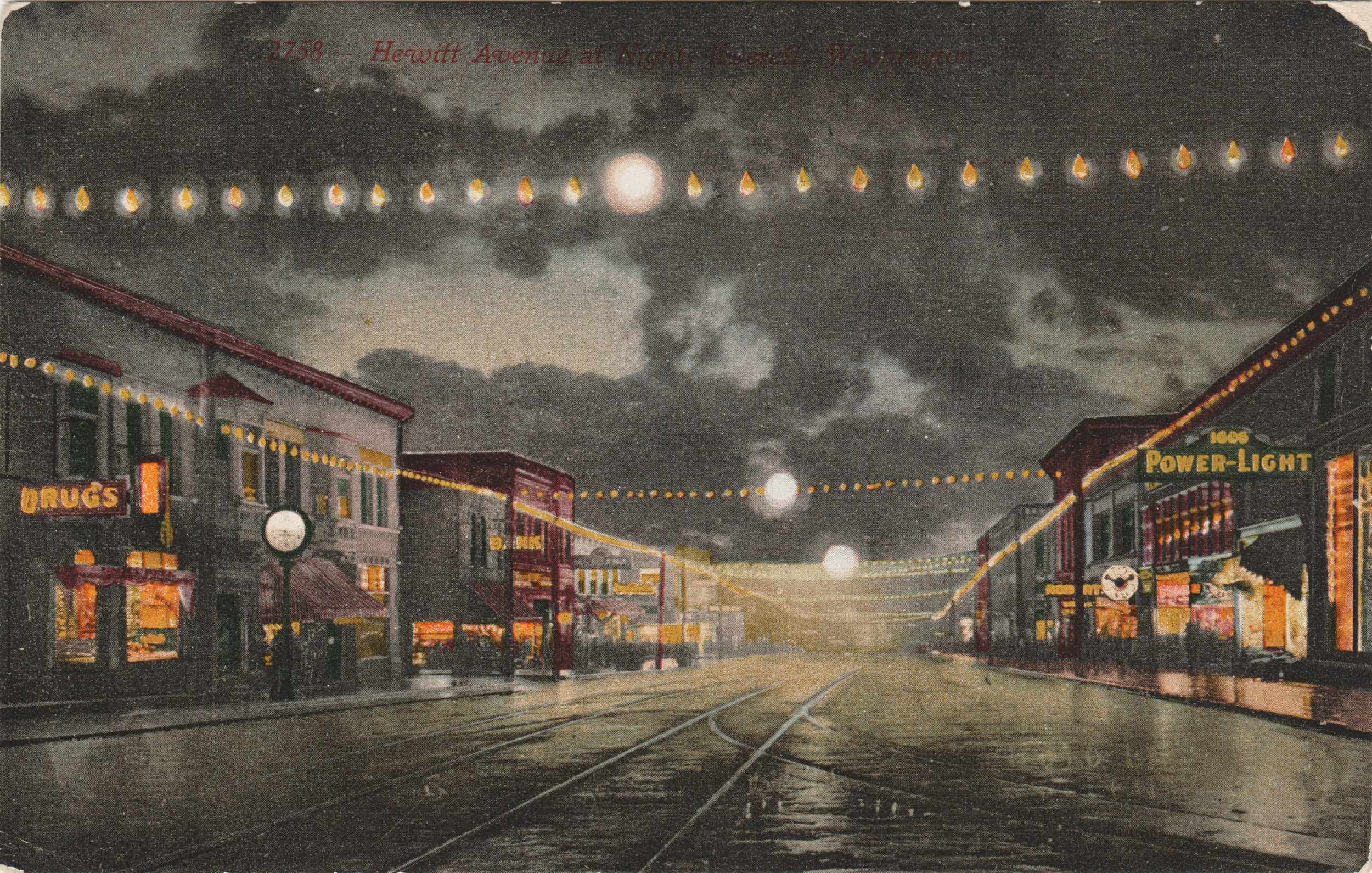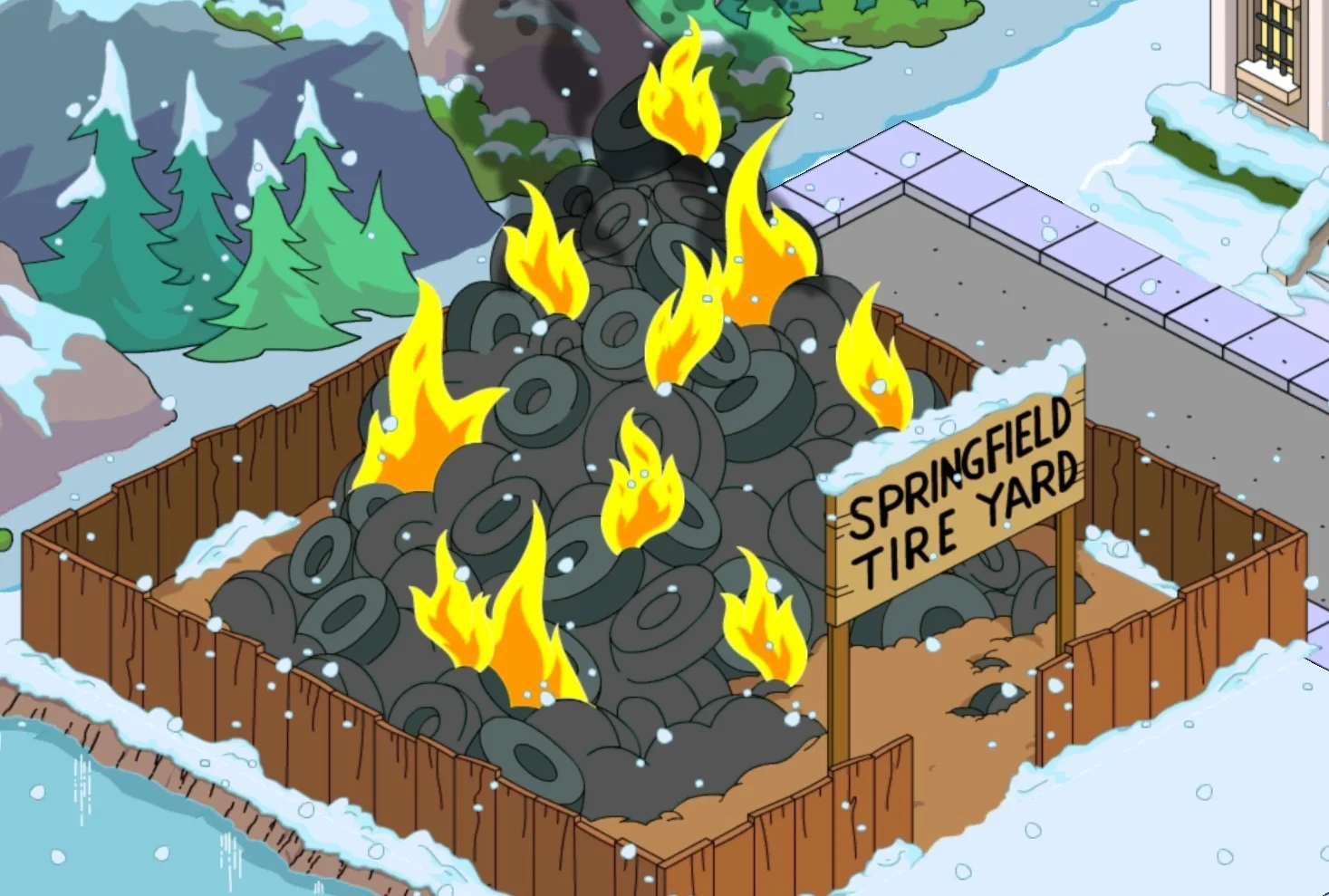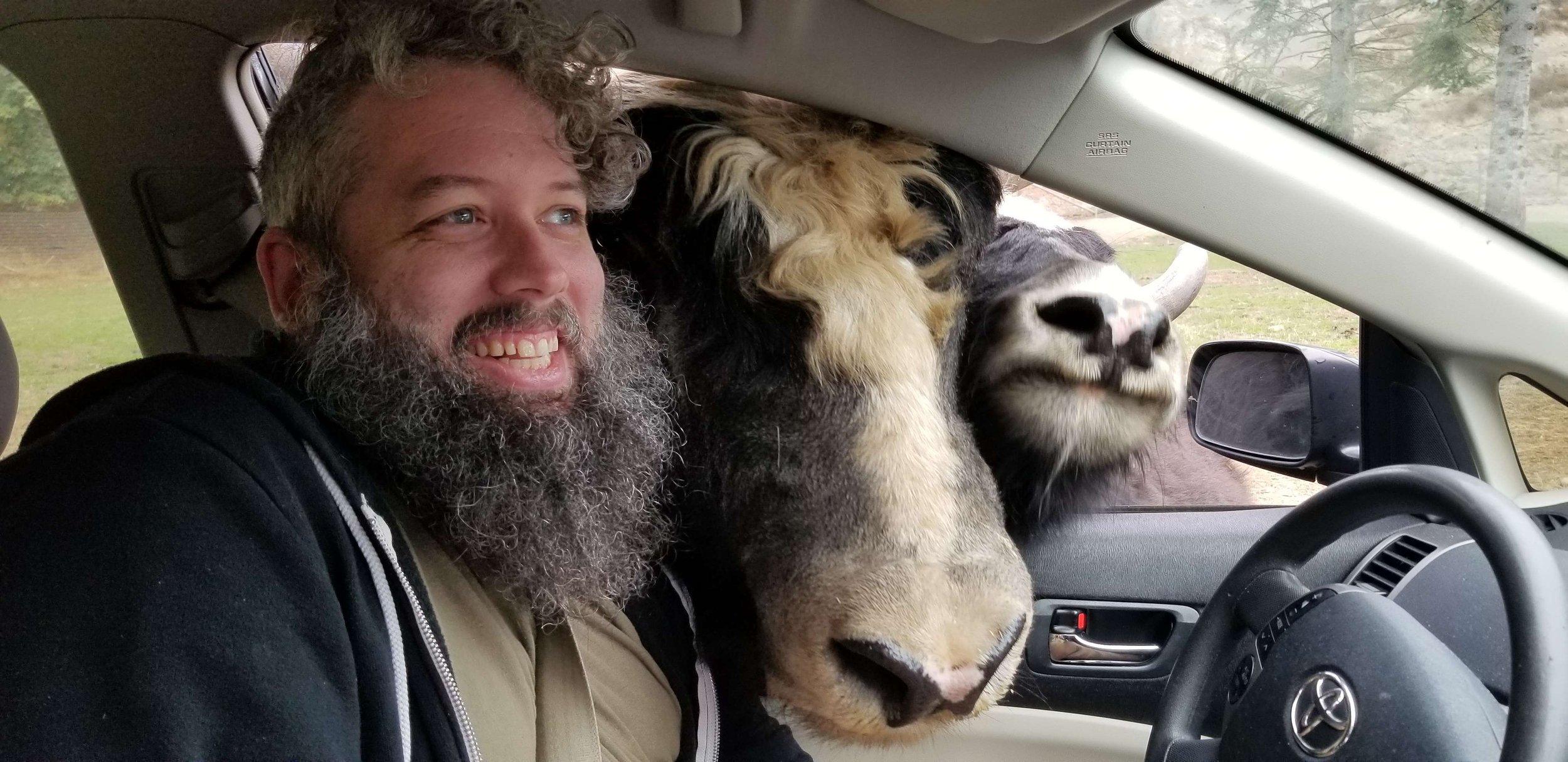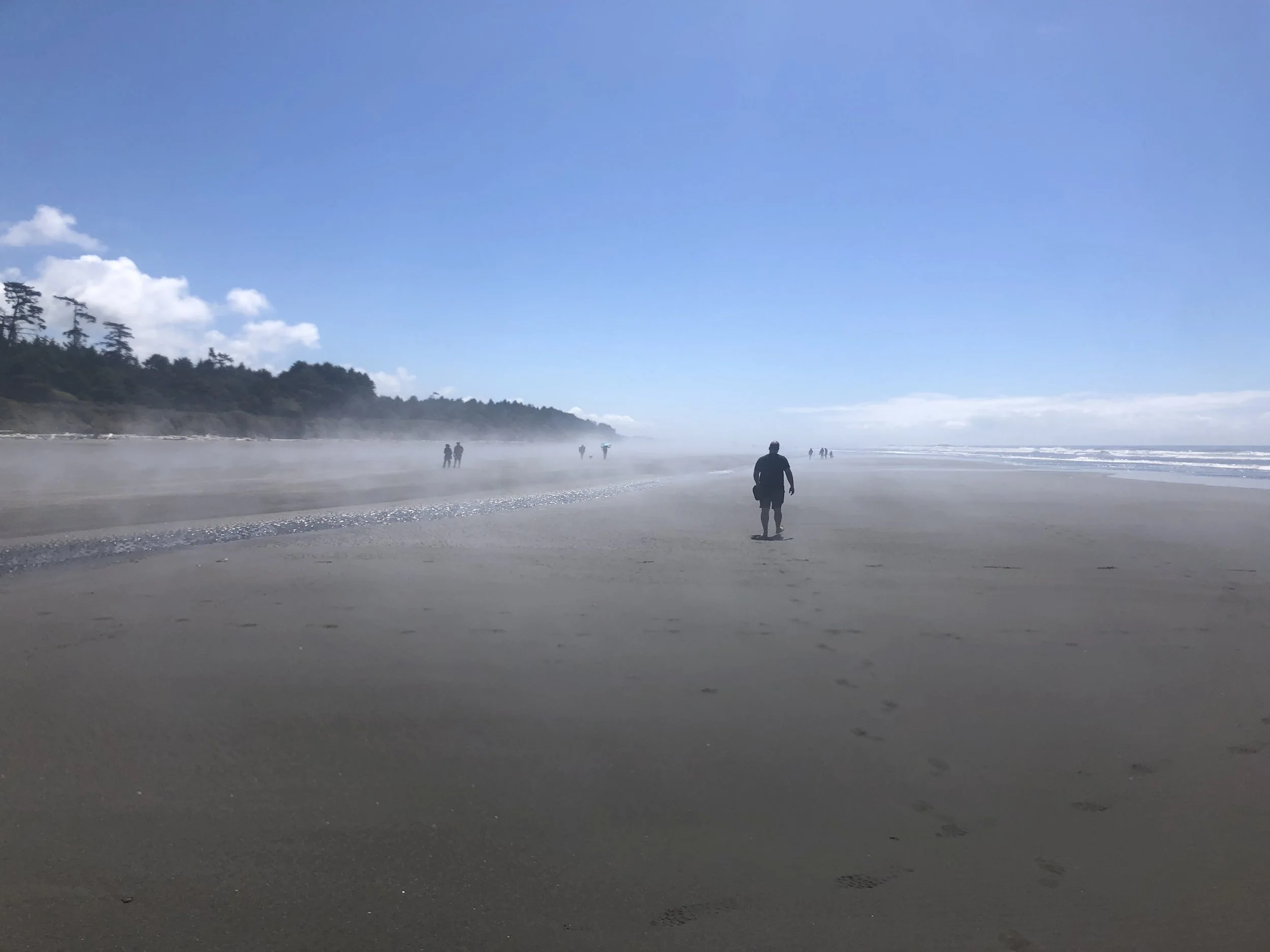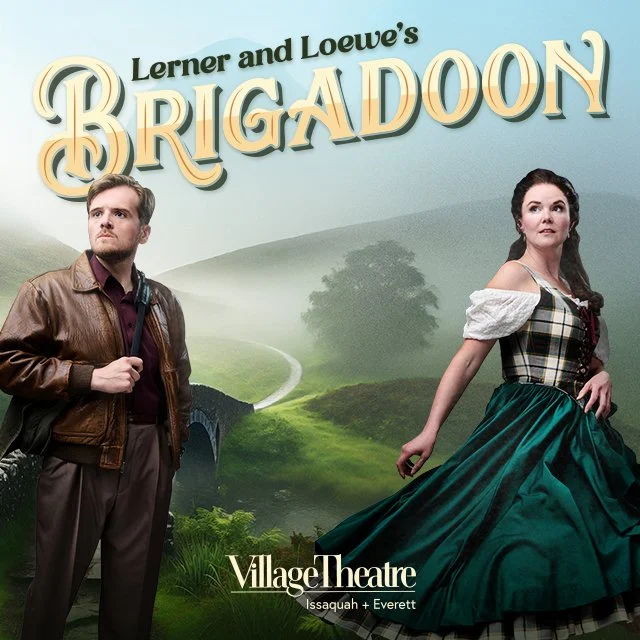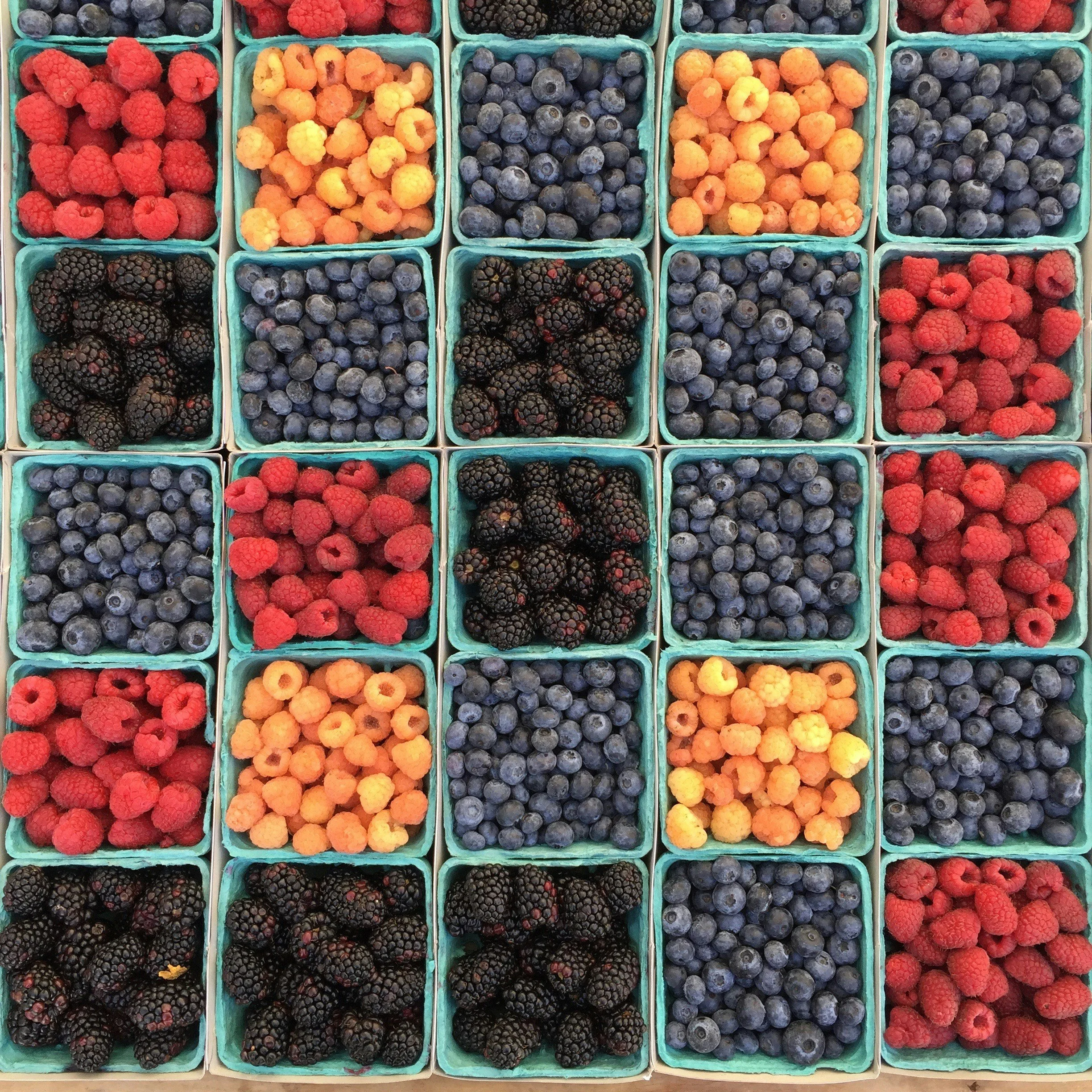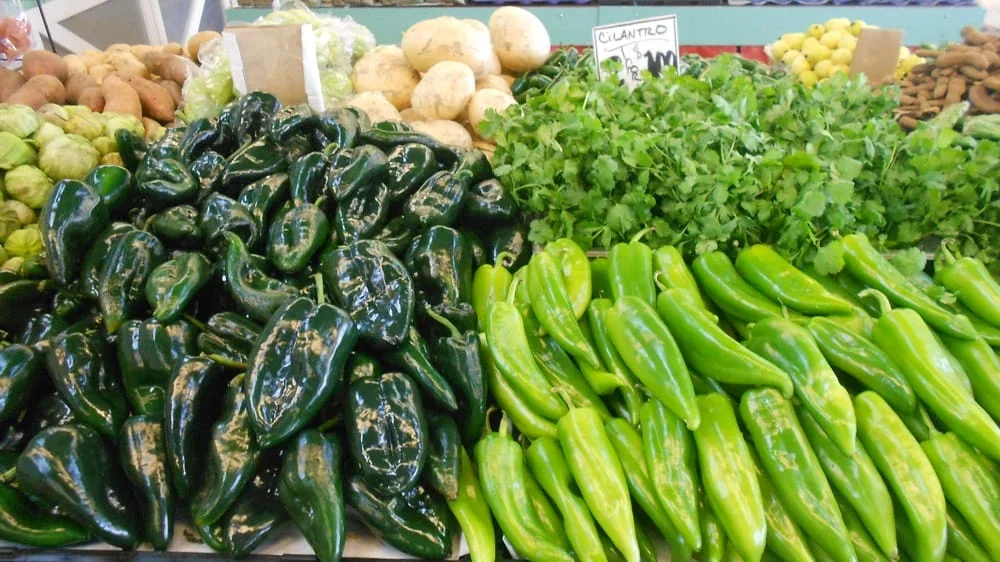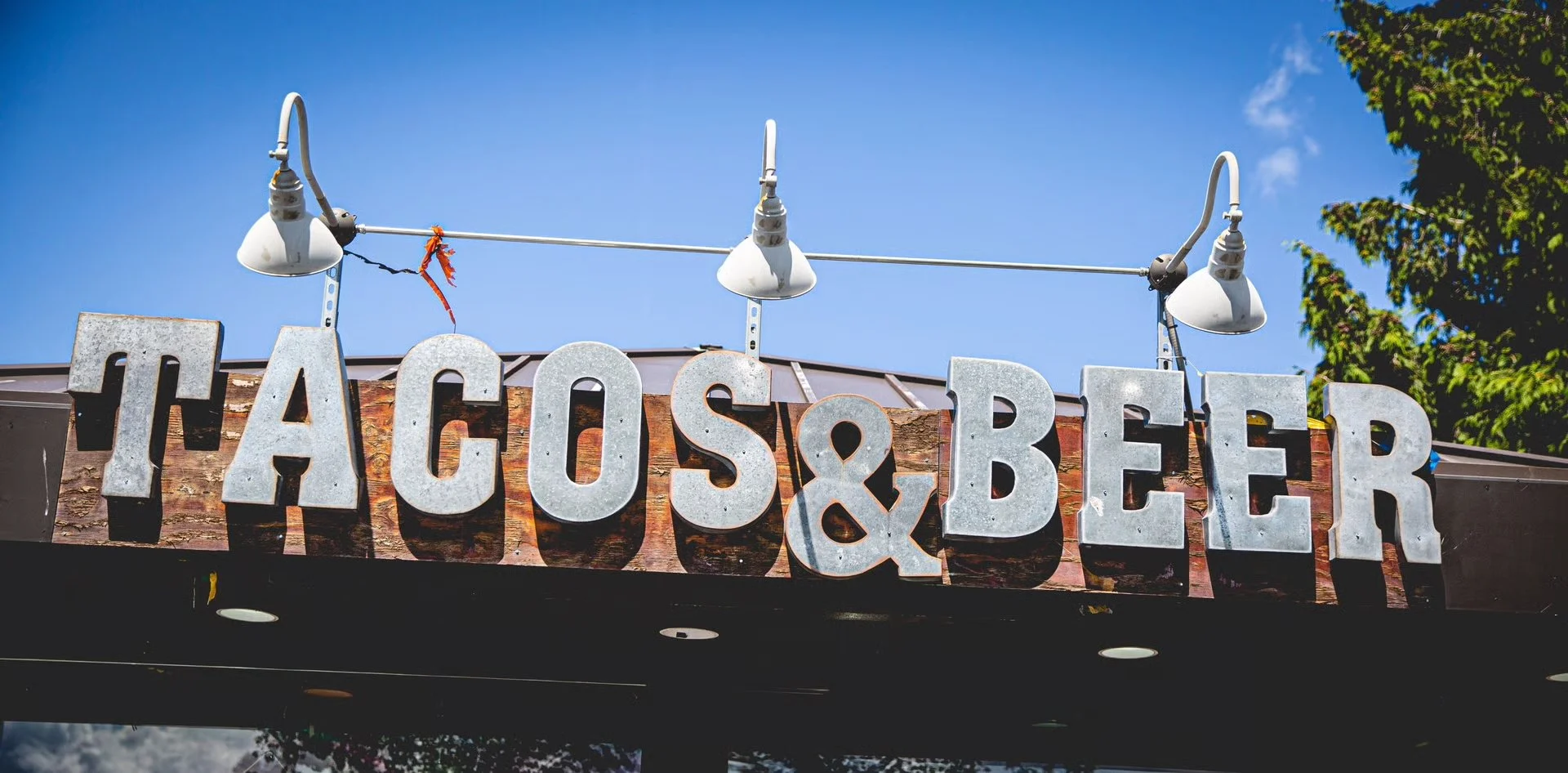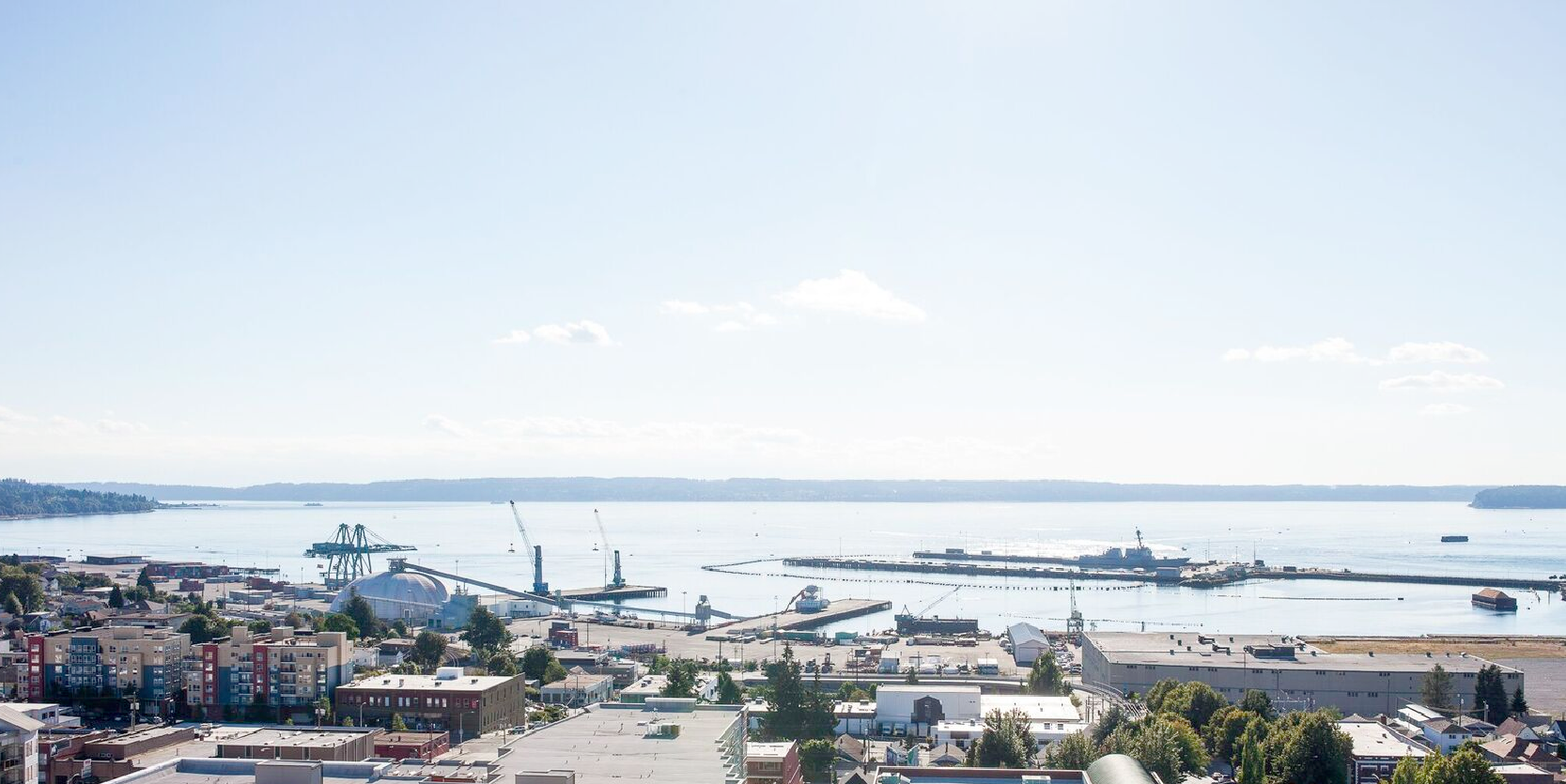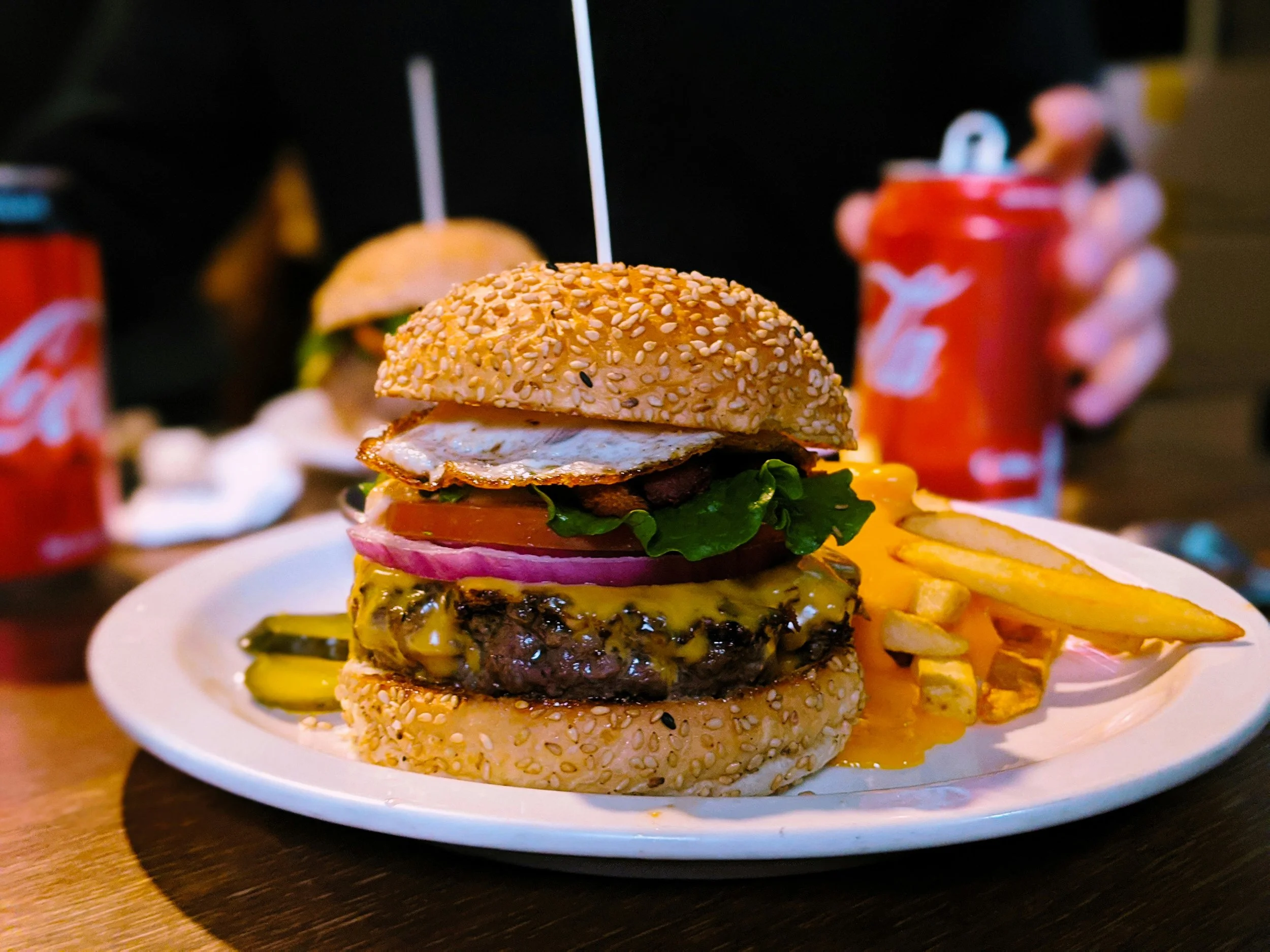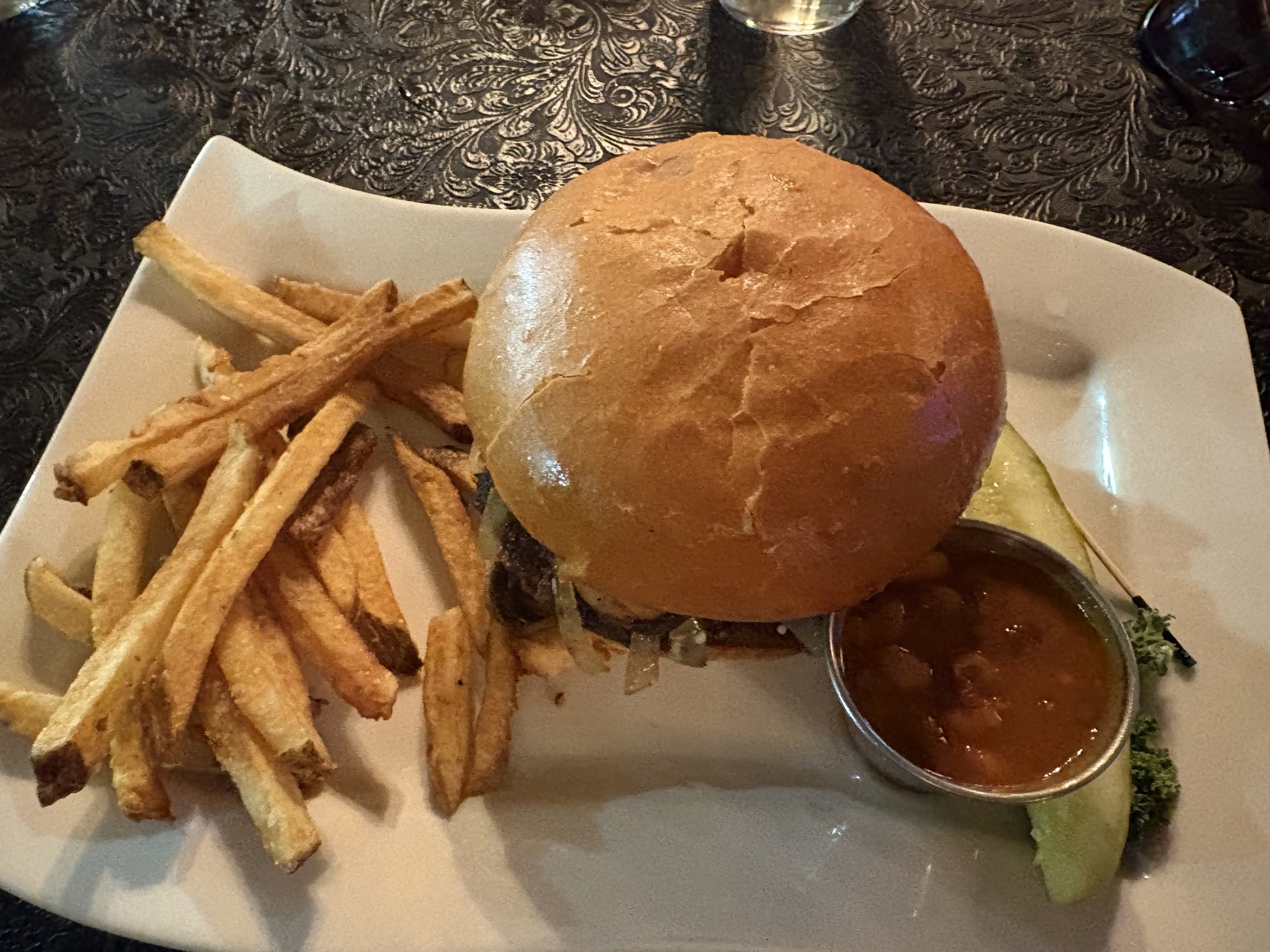6 Cozy PNW Reads
Editor’s note: Originally published January 11, 2017. Updated September 30, 2021.
We have many dark, rainy weeks ahead of us. Exploring the outdoors in person can make for a soggy sweater and waterlogged socks. Why not explore the region by book?
Stay in and get out with one of the following titles. All are conveniently available for free at the Everett Public Library.
Happy reading!
Maya Erskine as Hatsue Imada in a stage adaptation of Snow Falling on Cedars. Photo credit: Tracy Martin
1. Snow Falling on Cedars by David Guterson
Set in the San Juan Islands, this book starts off as the portrait of an idyllic salmon fishing community, but soon the author peels back the cover on the town to expose bitter postwar racial resentments that have roots in the bombing of Pearl Harbor and the internment of Japanese Americans during WW2. Anacortes, Bellingham, Seattle and (yes!) Everett are mentioned regularly in the text.
Wound throughout the narrative are stories of two lovers, a murder, and a community trying to grapple with what it means to be a patriot and an American during turbulent and paranoid times.
This is a book that seems quite timely given current events.
2. Sometimes a Great Notion by Ken Kesey
Kesey is best known as the guy who wrote One Flew Over the Cuckoo’s Nest. SAGN is a lost gem that slipped under the literary radar in 1964, but has since gained acclaim and something of a cult following.
It’s easy to see how a 628 page experimental novel about a lumber strike in Oregon could scare away readers. What Kesey does well is capture the essence of the rugged natural beauty of the PNW, how it acts as a force against men. The trees, rivers, and land shape the psychological landscape of the larger-than-life log-felling characters who swagger, bellow, and act out a family drama worthy of Greek tragedy.
This is the story of a town built around one industry and what desperate people are driven to do when that industry is threatened.
3. This Boy’s Life by Tobias Wolff
This memoir is set in Concrete, Washington during the 1950s. Concrete isn’t exactly a booming town today, and the isolation that the teenage hero feels while trapped in a rural locale is something that could resonate with anyone from a small town.
Toby, the protagonist, chafes at being cooped up in a podunk city with a lousy stepfather and a mother who deserves better. He often escapes his home life to drive from mountainous Skagit County to Seattle to get his kicks.
This is a powerful story of how adversity can create character, but be warned. There’s a lot of physical, verbal, and chemical abuse so read at your own risk if that sort of thing is a trigger for you.
“Fearlessness in those without power is maddening to those who have it.”
Cheryl Strayed on the Pacific Crest Trail 1995.
4. Wild: From Lost to Found on the Pacific Crest Trail by Cheryl Strayed
A New York Times bestseller and Oprah Book Club pick, Wild is a memoir depicting one woman’s journey on the Pacific Crest Trail. Strayed’s hike takes her through Northern California and Oregon to Washington State.
Wild is a tale of personal discovery. As the protagonist battles the trail and the elements, she learns that she may be tougher than she thought. Her resilience often takes the form of self-empowered feminism, making her a character easy to root for.
This memoir— in which the narrator is by turns ballsy, candid, and surprisingly vulnerable— is sure to become a classic in the genre of wilderness writing.
5. Ecotopia by Ernest Callenbach
Published in 1975, Ecotopia depicts a “future” society set in 1999. Washington, Oregon, and Northern California have seceded from the rest of the United States to pursue a green, sustainable, and progressive nation. It’s a place with efficient transportation, universal healthcare, diverse gender roles and liberal use of cannabis.
How far-fetched is the premise of this “sci-fi” book— an insular PNW nation that values bioregionalism, environmentalism, and progressive social roles? Click here to read more.
Gary Snyder and Allen Ginsberg
6. Practice of the Wild by Gary Snyder
West Coast zen + Eastern philosophy + PNW nature writing + hardcore ecology idealism + esoteric Japanese poetry + personal anecdotes + beat phrasing + Native American mythology + advocacy + moral outrage + regionalism = Gary Snyder.
Not that he's a formula, but, you know. Snyder's his own PNW-flavored genre. Worth checking out for sure.
Richard Porter is a writer for Live in Everett.







